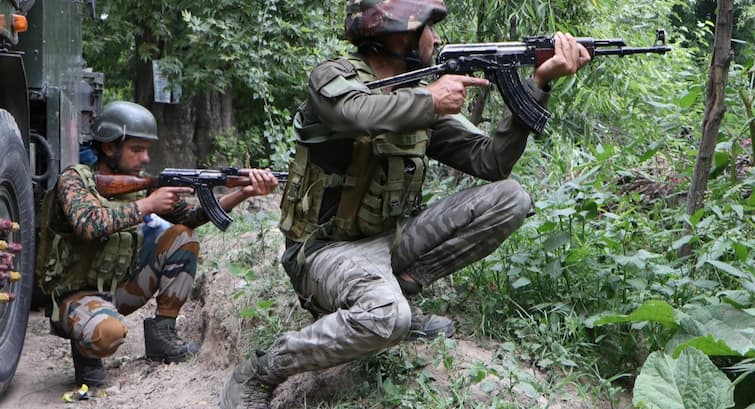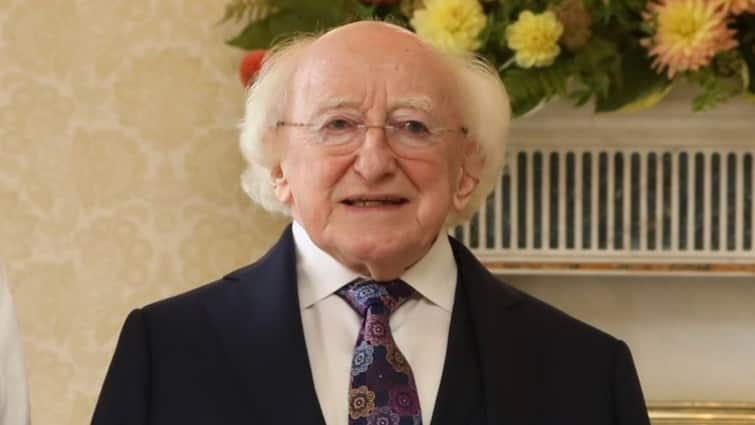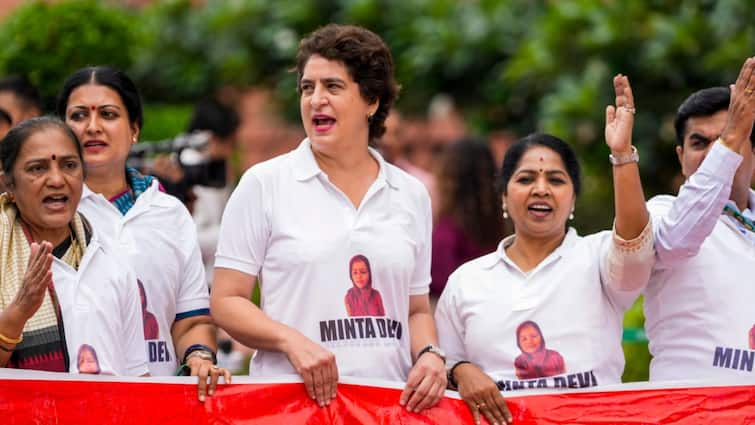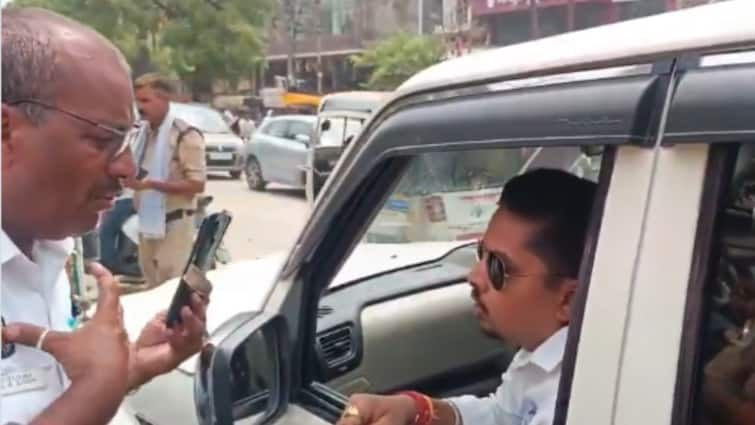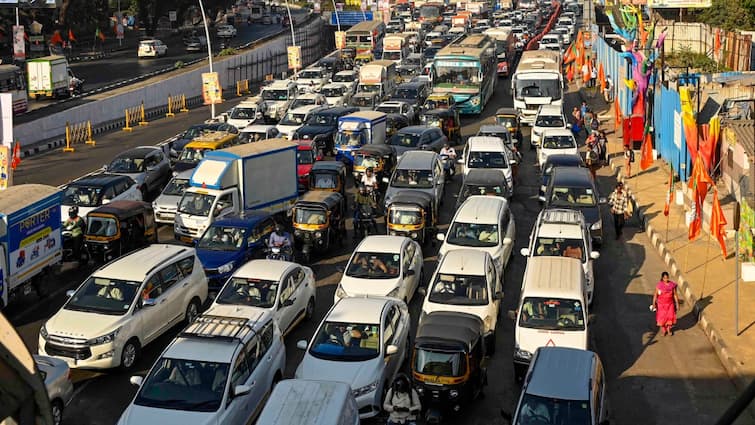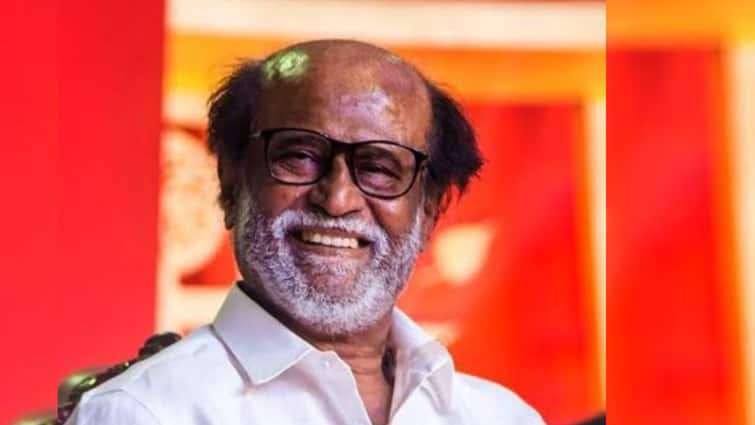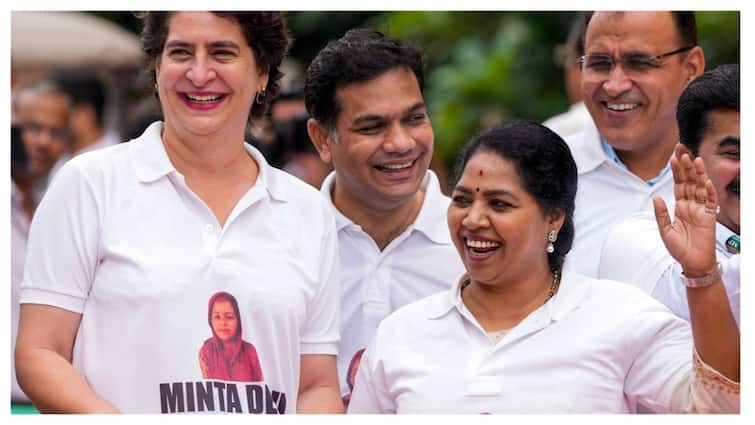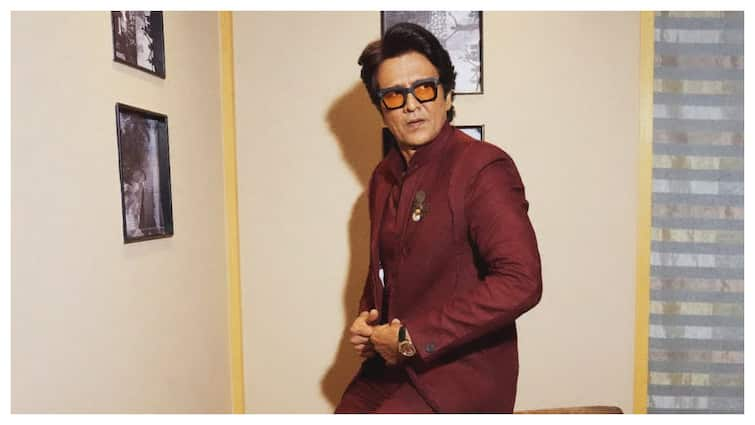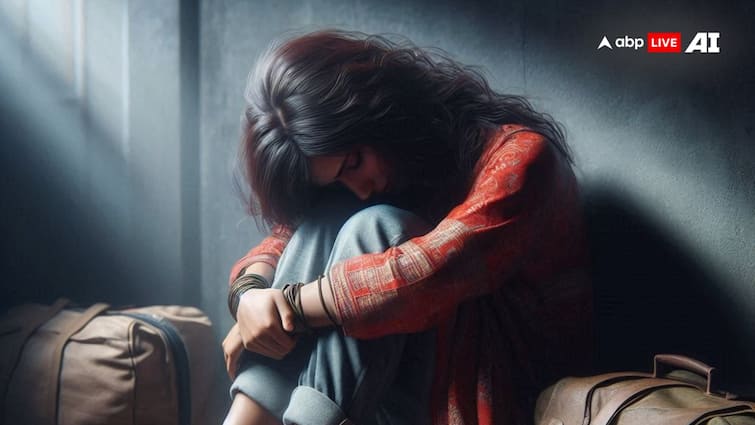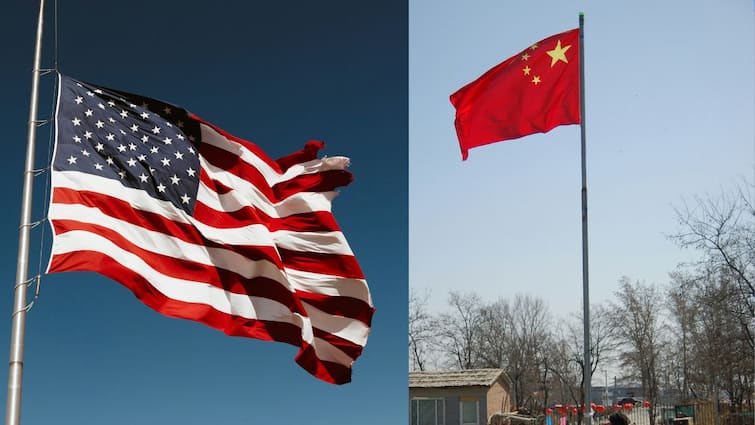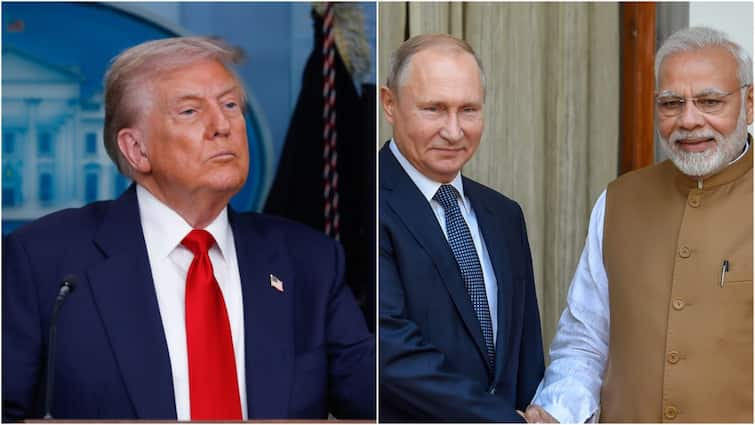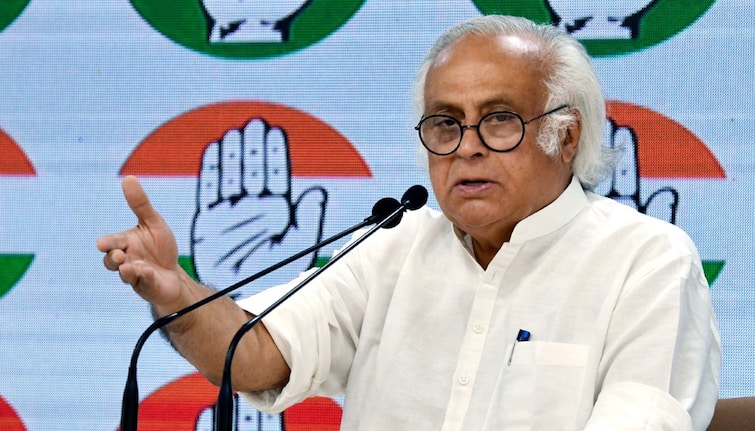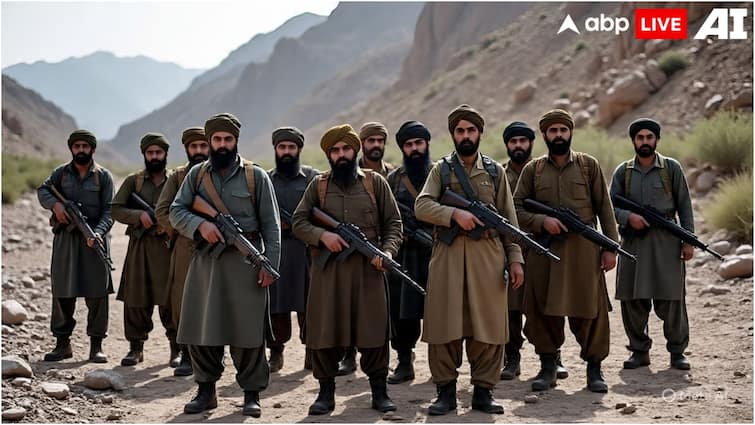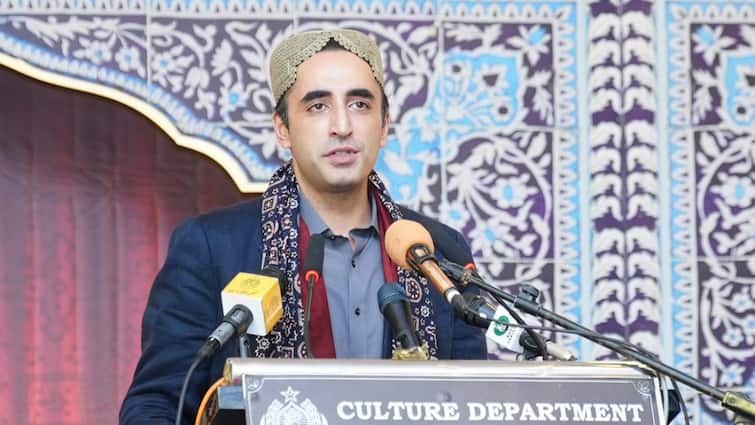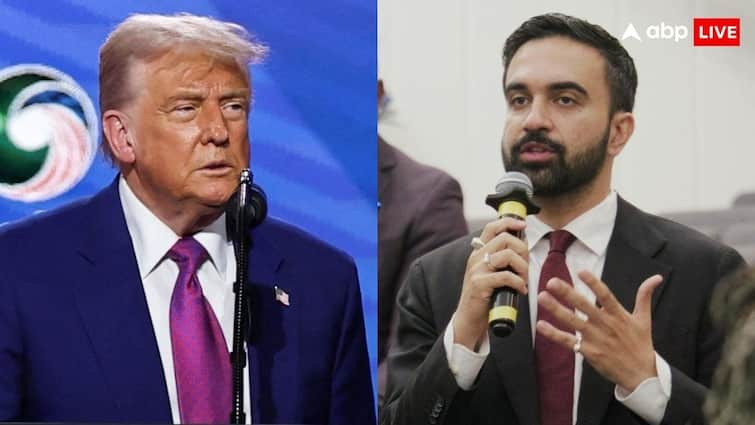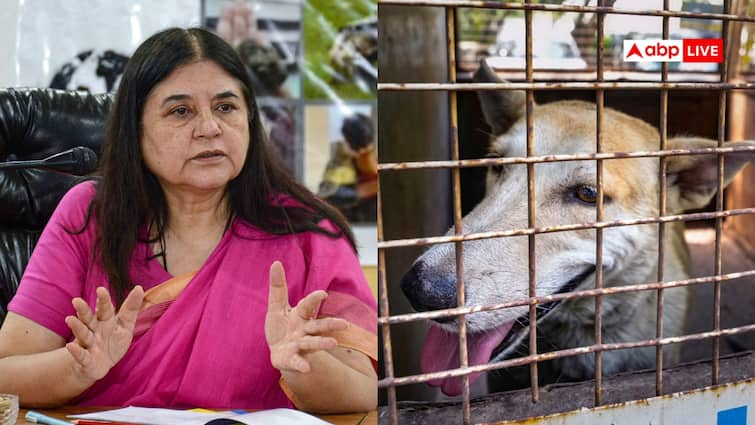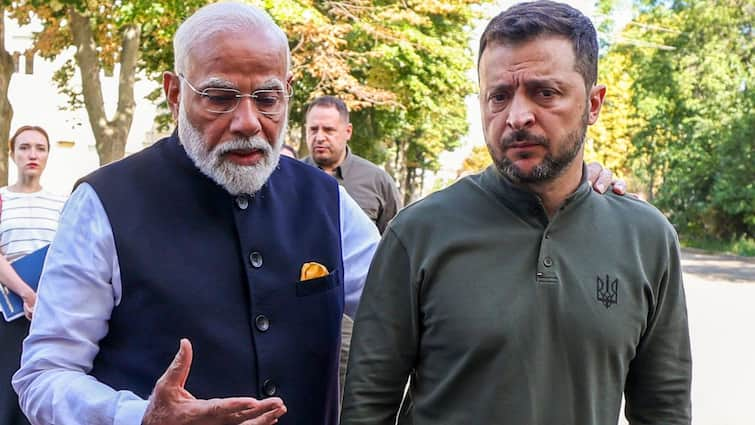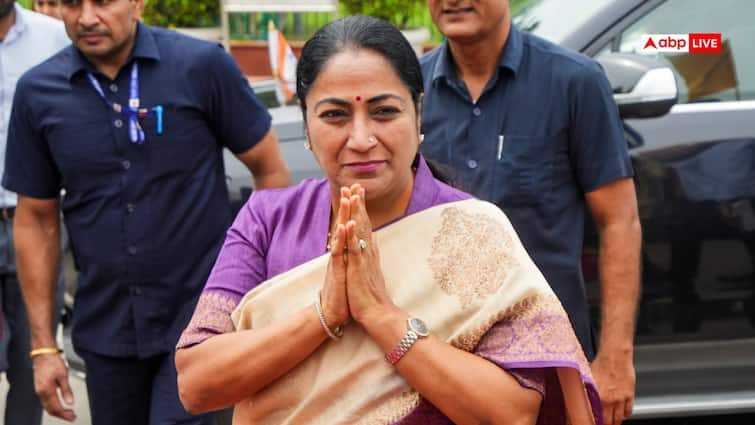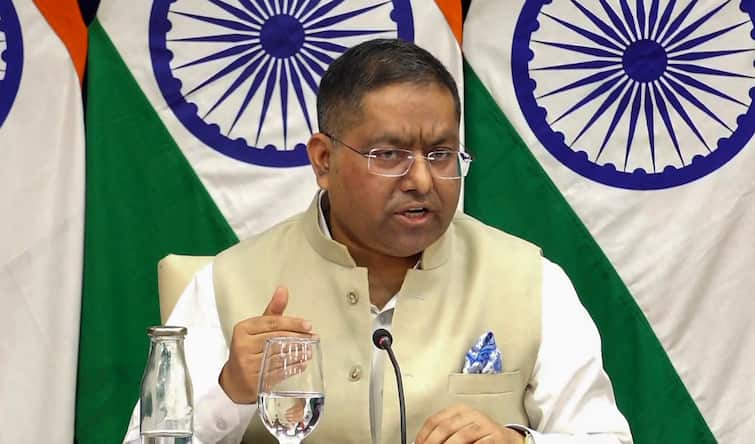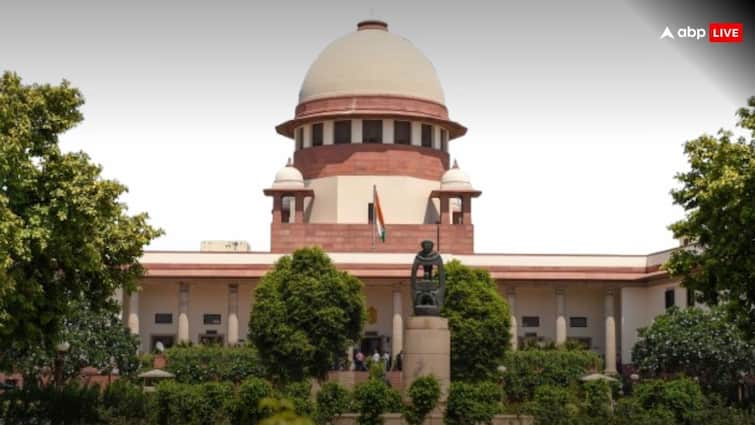
The Supreme Court on Tuesday pushed back against claims that the Election Commission’s Special Intensive Revision (SIR) of voter lists in Bihar is “anti-voter” and exclusionary.
Hearing a set of petitions, a bench of Justice Surya Kant and Justice Joymalya Bagchi observed that increasing the number of acceptable identity documents from seven during the summary revision to 11 in the SIR exercise could actually benefit voters.
“We get your exclusionary argument from Aadhaar. But on the number of documents, this is voter-friendly. Look at how many ways there are to prove citizenship,” Justice Bagchi noted.
Senior Advocate Abhishek Singhvi, appearing for the petitioners, disagreed, calling the requirement an “exclusionary test.” He argued that several options, such as land ownership records, residence certificates, or passports are out of reach for large sections of Bihar’s rural and flood-prone population.
“Only 1–2% of the state’s population have passports—about 36 lakh people. This list of 11 documents looks impressive but, in reality, it is a house of cards,” Singhvi contended.
Justice Kant, however, cautioned against portraying Bihar in a negative light.
“In All India Services, maximum representation comes from Bihar. This cannot happen if the younger population is not motivated,” he remarked.
Singhvi stressed that the requirement effectively forces citizens to prove their nationality, which, he argued, violates the 1995 Lal Babu judgment. That verdict upheld voters’ rights and required authorities to present evidence and offer an opportunity for representation before removing a name from the electoral roll.
The court is expected to continue hearing the matter, which has sparked a wider debate on balancing voter verification with accessibility for marginalised communities.
Doonited Affiliated: Syndicate News Hunt
This report has been published as part of an auto-generated syndicated wire feed. Except for the headline, the content has not been modified or edited by Doonited







